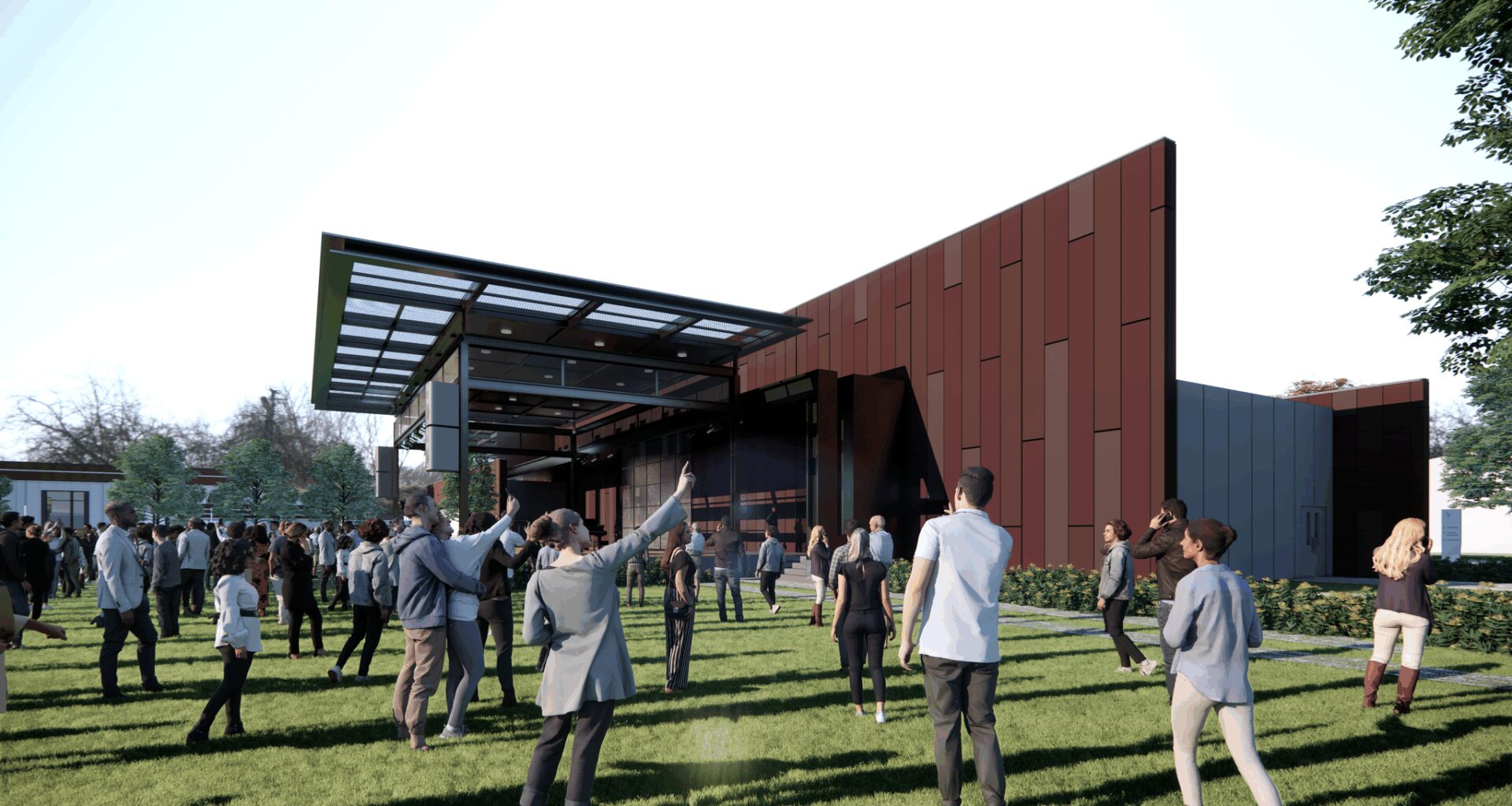Emancipation Park, one of Houston’s oldest and most historic public spaces, is preparing for a major transformation.
Emancipation Park Conservancy (EPC) on Monday announced plans to transform the park into a cultural powerhouse.
The Conservancy’s plans include a brand-new outdoor performance stage and a fully renovated Cultural Center, with a goal to open in time for the park’s 2026 Juneteenth celebration. The $18.5 million project is backed by the Kinder Foundation, with additional support from the Brown and Cullen Foundations, and EPC is working to close the final funding gap.
“This investment in Emancipation Park is about more than expanding a space; it’s about preserving history and creating a vibrant hub for cultural expression,” said Ramon Manning, EPC board chair. “It ensures the park remains a central gathering place for performances, celebrations, and community connection.”
Nancy Kinder, president and CEO of the Kinder Foundation, added, “The park’s upgrades, including the stage expansion, will ensure Emancipation Park remains a place of community and celebration for generations to come.”
The expansion will add more than 5,000 square feet, including a green room, audio-visual tech room, and climate-controlled storage. While construction will temporarily close the Cultural Center and the lawn between it and the Recreation Center, playgrounds, splash pads, and sports courts remain open.
Founded in 1872 by four formerly enslaved men—Richard Allen, Richard Brock, Jack Yates, and Elias Dibble—Emancipation Park was purchased with $800 to create a public space for Juneteenth celebrations and to honor emancipation.
During Jim Crow segregation, it was the only public park in Greater Houston open to Black residents, becoming a vital hub for community gatherings, concerts, and cultural events.
The park was renovated in 2014 and 2017, modernizing facilities while preserving its historic character.
Houston Mayor John Whitmire praised the project: “Emancipation Park is a valuable treasure for our community, and its history is an integral part of Houston’s history. I thank Nancy and Rich Kinder for their generous investment.”

